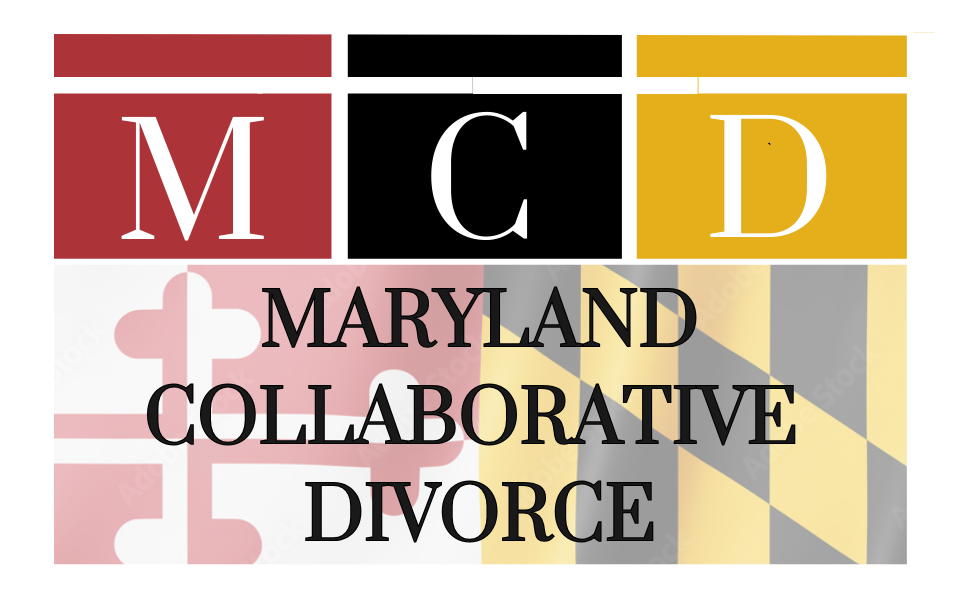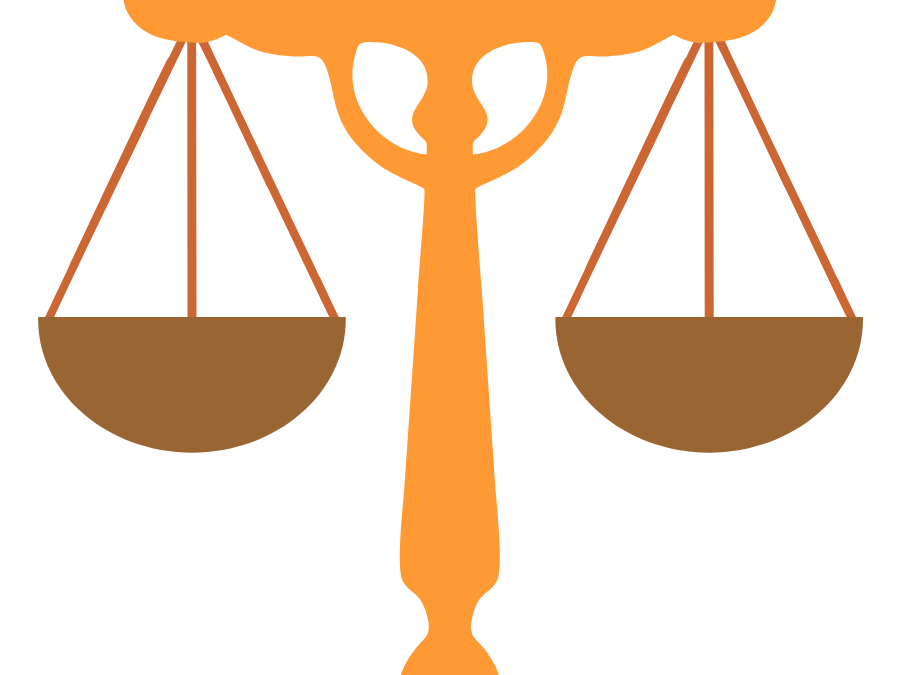The guest author of this article is Julie Landau, Esq., Partner at Landau, McKee, & Glikman. Julie is a Collaborative Attorney with Mayland Collaborative Divorce.
__________________________________________________________
Choosing the right divorce attorney can shape the entire tone and outcome of your divorce. It’s not just about finding a good lawyer—it’s about finding the right kind of lawyer for your goals, your values, and your situation. Here’s what to consider.
1. Different Styles of Divorce Attorneys
 The Aggressive Litigator
The Aggressive Litigator
This is the “shark” some people think they need—someone who thrives in the courtroom, pushes hard, and plays legal hardball.
- Best for: High-conflict cases, uncooperative spouses, or serious power imbalances.
- Risks: Higher legal fees, prolonged battles, and potential emotional fallout for children.
- Warning: Even if you’re angry, a scorched-earth approach can backfire financially and emotionally.
 The Settlement-Minded Negotiator
The Settlement-Minded Negotiator
These attorneys believe in resolving issues outside of court through negotiation and creative problem-solving.
- Best for: Couples open to compromise, seeking a fair outcome without a fight.
- Upside: Cost-effective, less stress, and usually better for co-parenting relationships.
- Look for: Attorneys trained in collaborative law or who advertise themselves as settlement-focused.
 The Mediation-Friendly or Collaborative Attorney
The Mediation-Friendly or Collaborative Attorney
This attorney supports peaceful processes like mediation or collaborative divorce. They might serve as consulting attorneys during mediation or as part of a collaborative team.
- Best for: Couples looking for a respectful, non-adversarial process with shared goals.
- Role: Help you understand your rights, review agreements, and guide you behind the scenes if not directly negotiating.
- Pro tip: Not every attorney is comfortable stepping out of a courtroom mindset. Ask about their training in alternative dispute resolution.
 The Hybrid
The Hybrid
Some attorneys can shift gears based on your situation—offering strong negotiation skills but fully capable in court if needed.
- Best for: Cases that might become adversarial but are currently cooperative.
- Caution: Make sure their flexibility doesn’t mean they’re unfocused or unclear on your goals.
2. Do You Even Need an Attorney?
In some cases, you may not need full legal representation at all.
- Pro Se (Self-Representation): If your divorce is truly simple—no kids, few assets, mutual agreement—you might be able to file without an attorney.
- Consulting-Only: You handle the process (e.g., mediation), but check in with an attorney as needed for legal advice or document review.
- Unbundled Services: Some attorneys offer limited-scope help—just for paperwork, negotiations, or a single court appearance.
Tip: Always at least consult with an attorney before waiving representation. A single hour can save you from costly mistakes.
3. How to Choose the Right Fit
 Ask These Questions During Your Consultation:
Ask These Questions During Your Consultation:
- What’s your approach to conflict resolution?
- How do you usually help clients resolve disputes?
- Have you handled cases like mine before?
- Do you work collaboratively with other professionals (e.g., coaches, financial neutrals)?
- How do you charge, and what can I expect in terms of total cost?
 Look for:
Look for:
- Alignment with your values and temperament
- Clear, honest communication
- Willingness to educate and empower you—not just “take over”
 Red Flags:
Red Flags:
- Promises of specific outcomes
- Pushing you to escalate when you’re trying to stay peaceful
- Poor communication or vague billing practices
Final Thoughts
The “right” attorney is not the one who promises to win at all costs—it’s the one who aligns with your vision of how you want to go through the divorce process. Whether you want to protect your peace, your children, your finances—or all three—your legal support should reflect those priorities.

